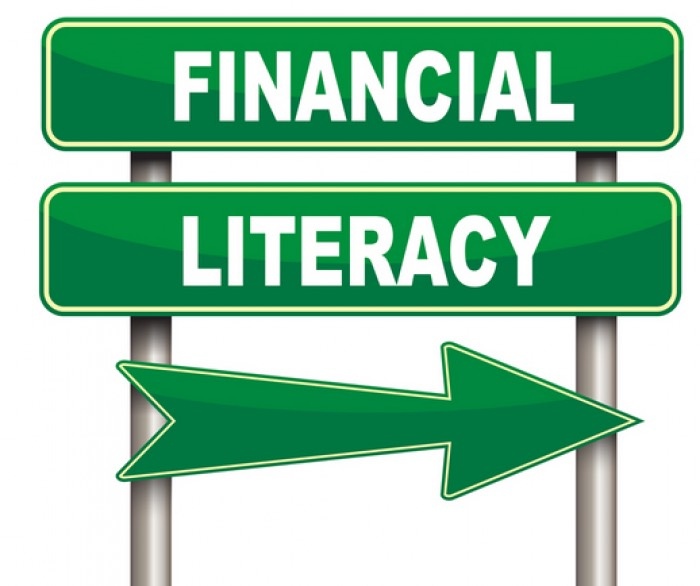Sometimes you just need to take a good hard look in the mirror and truly reflect on how you’re doing. Physically, emotionally, mentally, financially. Wait… how do you assess your financial health? This starts with a baseline understanding of your financial literacy.
Financial literacy is broadly defined by Investopedia as “the education and understanding of various financial areas including topics related to managing personal finance, money and investing.” So, in a nutshell, you can say it casts a very wide net of financial topics – some you may be familiar with, while others you may know very little about.
How do you think you rank on your level of financial literacy understanding?
Based on the 2019 Equifax Financial Literacy Survey, the general public has some room for improvement here. The survey claims that the majority of respondents (37%) gave themselves a “B,” 32% gave themselves a “C,” and only 16% felt they deserved an “A” on their financial literacy knowledge.(1)
Then the next question is how do you learn about financial literacy topics?
The survey claims 48% of respondents tend to turn to their parents for their personal finance and credit knowledge. Other financial knowledge comes from 14% getting their information from personal or financial courses in high school and college, 10% from online blogs and news sources and 10% from other places.
Financial literacy is such an important part of every person’s life, it shouldn’t be left open-ended. There is what may seem like endless information on many different financial topics that all can relate to your financial literacy knowledge base. Instead of feeling overwhelmed, here are 5 places you can start absorbing knowledge. This will help improve your financial vocabulary, learn new topics and set you up for success in your financial journey.
- Read: as Dr. Seuss so eloquently put it, “The more you read, the more things you’ll know. The more that you learn, the more places you’ll go.” This is relevant to your financial literacy reading as it is to other parts of your life. Whether you look at the financial section of your local newspaper, pick up a financial magazine subscription or monitor other online resources such as the Wall Street Journal, Fortune, Forbes and Money, accessing this information is a great way to start picking up on some various topics, terms and financial trends. Books are also a great way to dive into financial topics.
- Listen: if audio is more your thing, there are also podcasts or webinars you can tune into. A quick Google search of “Best Personal Finance Podcasts for Beginners” provides several options, including The Dave Ramsey Show offering insight into debt, investing, retirement, insurance and marriage, or Planet Money focusing on the economy with expert dialogue, among several others. These are great to get a grasp on key financial topics while picking up some new ideas along the way.
- Use Online Tools: as you know, you have a wealth of resources at your fingertips to manage your own personal finances. For example, Mint.com is a great tool to monitor your spending and connect all your accounts including checking, savings, credit cards, loans, etc. Tools like these give you a comprehensive look into your financial picture, and may show gaps or strengths you can learn more about.
- Talk to Your Network: there’s a reason why about half of the Equifax survey respondents turn to their parents for insight into financial matters. Personal finance conversations can sometimes be an uncomfortable topic, which one might prefer to keep private. However, by isolating personal finance, you could be putting yourself at a disadvantage. Taking advantage of your network – from family to friends to colleagues to anyone you feel may have insight or perspective – can be beneficial. Hearing what your network group uses for money management, any tips they’ve learned along the way or resources they find helpful could help keep you on the right track. Plus it’s fun to share your experience with others, such as “Did you listen to that podcast this week? I loved their idea on X.”
- Talk to a Professional: talking to an experienced financial advisor can help ensure you’re on the right track and help answer any questions you have along the way. These professionals studied finance in school and are involved in it every day, so they can be a great resource to take advantage of as early as possible in your financial journey.
Financial literacy is such an important topic that requires thoughtful management to navigate through all the complexities and constant changes. To get started on the right track, you can ensure you have a solid foundation of knowledge so you can get to “A” status in financial literacy.
Banzai is a FREE online financial literacy program that provide simulations and resources for all your needs. Check it out!
